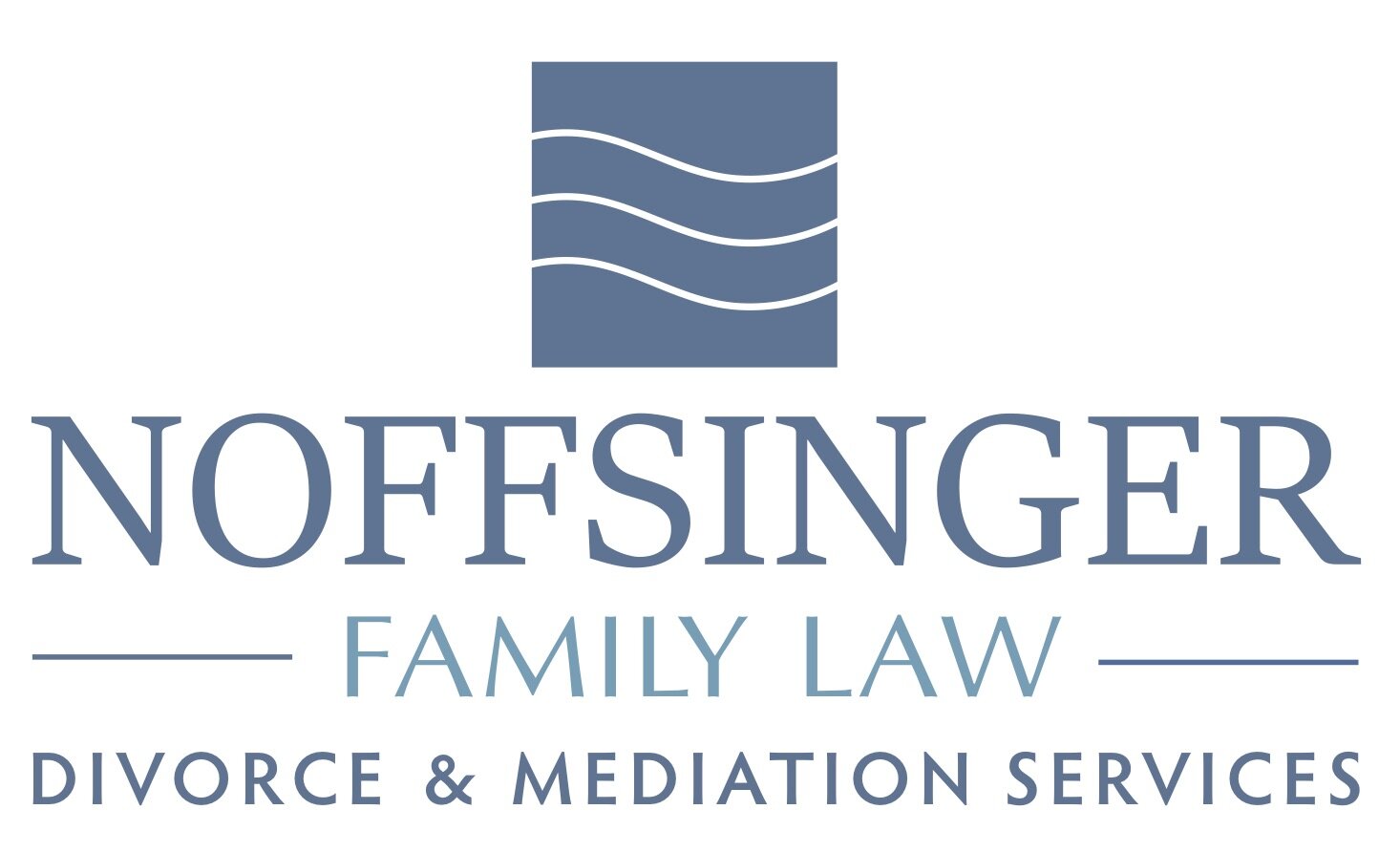What Cancer Taught Me About Being a Divorce Attorney
At the end of of August, my law practice felt busy, I received some nice publicity in the local newspaper — and I was diagnosed with breast cancer. For the first time in awhile, I landed on the other side of the professional relationship: a vulnerable patient / client in need of professional help to navigate a difficult patch in life. Sitting in clinic waiting rooms with pastel walls, silk flower arrangements, and brochures with pink ribbon logos, I had plenty of time to reflect on what I needed on any given day. I’m hoping my experience will make me a more empathetic divorce lawyer, as I learned a lot from the professionals charged with guiding my decisions and safeguarding my long-term well being. Distilled to the most basic list, these are the things I’ve most needed from my medical team, and would want from any professionals, supporting me during an unexpected life detour:
Expertise! First and foremost, I want professionals who specialize in the narrow area of services I need. My surgeon performs more than 400 breast cancer surgeries per year. She doesn’t do appendectomies or hernia repairs. Her sole focus is on breast cancer, and she has handled countless cases very similar to mine. All three of my new doctors are cancer specialists — surgery, oncology, radiation oncology — with so much experience in treating my disease that they can anticipate my questions even before I’ve asked them.
Efforts to make a difficult experience as supported as possible. The day I received my diagnosis, my hospital assigned two “nurse navigators” to my case. They gave me a three-ring binder packed with information about every step of my treatment, scheduled all my appointments, checked on test results, periodically called me to check in, and basically made themselves available as resources for whatever I might need. Just knowing I could pick up the phone and get a quick response helped to keep my anxiety in check.
The sense that I’m the priority patient. Living in the Seattle area, we’re fortunate to have many nationally recognized options for cancer treatment. In the weeks after my diagnosis, I had consults at the two largest cancer centers in the region, but those reaffirmed my choice to stay at Virginia Mason, a small but (in my experience) a much more personal place. One of my doctors said she aims to have each patient feel like her only patient that day, and I’ve been honored and humbled by that experience. I never once felt rushed — whether crying through my list of questions about cancer recurrence that my oncologist had already answered (and patiently answered yet again), or making small talk with my radiation therapists to make the time pass more quickly. I’ve truly felt that all of my professionals have been fully present and exclusively focused on me during my time with them.
Calm reassurance. None of my medical professionals have given any guarantees, but they have offered many helpful messages: “Your feelings are normal.” “Things will get easier.” “You’re doing a great job staying strong.” “You can get through this.” Anyone going through a life crisis — whether divorce or cancer — can feel isolated and lonely, and even crazy at times. It helps to be reminded of our shared humanity, and that we’re completely “normal,” even during the hardest days.
Passion. Every nurse, doctor, and medical staff member I encountered exuded a strong sense of purpose and pride in what they do — and that positive energy shaped my experience every time I walked through the hospital doors. Although I’ve faced a dreaded disease, I don’t ever dread interacting with the exceptional professionals who greet me with a smile, understand their important role in my life, and take pride in their role in my healing.
Patience to hear my story. Shortly after I started my family law practice, a mentor attorney gave me the following advice: “If a client starts telling you the sad story about why their marriage failed, put your pen down and stop taking notes, to send the clear message that those facts have no relevance to the case.” I have great respect and gratitude for that mentor, and I strongly disagree with his advice on that topic. Being a professional supporting someone facing a major life crisis is an intimate role, and I believe clients can’t trust me for legal advice if they can’t trust me to care about the personal and emotional details of their story.
The things I’ve gotten from my health care providers these last four months are the same things I hope to provide to my divorce clients. Despite my crummy diagnosis, timed with an ugly election season against the backdrop of deep divisions in our country, my outlook has been shaped dramatically by the healing professionals with whom I’ve shared this season. One of my resolutions for 2017 is to use what I’ve experienced as a patient to inform my work with divorce clients. I do believe that the law, if practiced with certain values, also can be a healing profession.

